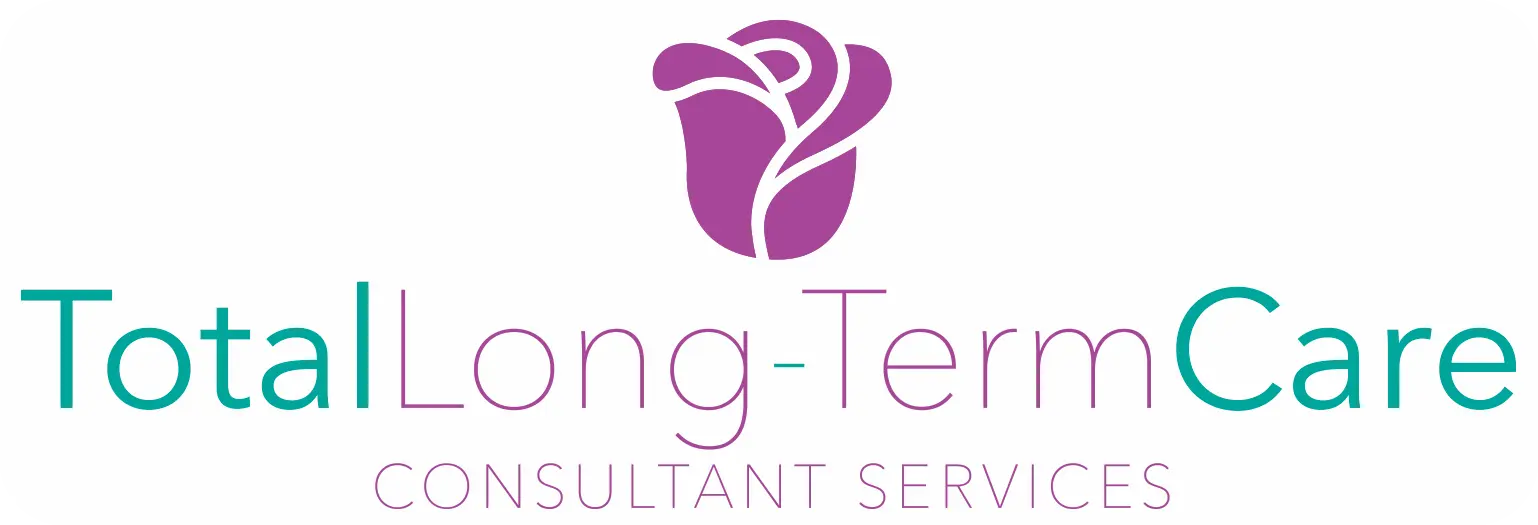How Legal Representation Amendment Strengthens Guardianship for Families in Need
When a family member is legally unable to make decisions that impact their health and safety, confusion often follows during the acceptance process. In these situations, families face emotional and practical hurdles in the race for the safety and stability of their loved ones.
The amendment to legal guardianship is an essential dimension of protecting the well-being of someone incapable of looking after himself. Whether through guardianship, powers of attorney, or establishing special needs trusts, this process affects that person’s ability to be comfortable in the present or future.
In this blog, we will examine how TLC Consultant Services can help your family navigate challenges. Our legal representation amendment ensures your loved one’s rights are protected.
Assessing the Importance and Role of Guardianship
Guardianship can be appropriately defined as assigning rights over the person as well as the property by the courts. It is a legal process wherein a person is appointed by the court to decide on matters of someone else who is incapable or unable to do so legally. The requirements for guardianship can arise due to one or more of the following conditions:
● Family Conflicts: In certain situations, family members may argue about the decisions regarding a cherished individual’s care or welfare. A guardian may be appointed to decide impartially about what is best for the individual.
● No Relative Willing or Able to Assist: Where no relative was willing or able to make an appropriate decision, the only remedy for guardianship is to protect the needs of the individual.
● Safeguarding Property and Assets: If a loved one can no longer manage his/her finances, a guardian could intervene to protect and manage property and prudently use assets to secure the individual’s financial status.
● May Be Abused or Harmed: In cases where a clear need exists for a guardian’s aid to secure protection and supervise someone vulnerable to abuse and exploitation.
Guardianship Services Provided by TLC Consultant Services
TLC Consultant Services provides different kinds of guardianship services aimed at assisting families in handling the complexities of legal matters while caring for an incapacitated loved one. Our dedicated staff understands the emotional turmoil that surrounds these situations and aids in the emotional, psychological, and legal needs of the client.
1. Decision-Making Authorized by Courts: Our qualified specialists ensure all decisions regarding medical, personal, and financial matters for incapable individuals are documented. The court is kept informed, guaranteeing the individual’s rights and well-being are safeguarded.
2. Guardianship Reports: Transparency and accountability are core to our approach during the guardianship process, so we deliver thorough guardianship reports that contain:
● The Initial Verified Inventory: An exhaustive enumeration of the individual’s assets and property.
● The Initial Plan and Annual Updates: A strategy outlining how the management will be exercised by the guardianship about the individual’s needs.
● Annual Accounting and Updates: Detailed report of inflow and outflow of transactions and an update on the individual’s well-being and other pertinent issues.
3. Trusteeship & Special Needs Trusts: Beyond guardianship, we help manage funds and properties trustees hold for beneficiaries, including those with special needs. Special needs trusts are vital for retaining eligibility for public benefits. The individual may utilize these funds for other goods or services.
4. Representative/Protective Payee-ship: By working with the Social Security Administration (SSA), the Veterans Administration (VA), and other agencies, we accept positions to carry the responsibility of managing incomes and finances. This ensures prompt payment of bills and satisfaction of the individual’s immediate financial requirements.
Wrapping Up
A legal representation amendment strengthens guardianship, giving families the legal recourse to protect their loved ones. It outlines the presence of guidelines and advocates for the rights of the incapable ones to protect them from undue influence or harm. If you face challenging times involving a family member who needs guardianship, you can always turn to TLC Consultant Services. Our professional and experienced team will ensure that care is taken to meet the needs of your loved ones as well as provide them with legal, financial, and personal protection.
The amendment of legal representation is crucial in ensuring long-term care for older adults with an understanding of legal standards. In contrast, long-term care consultants help families effectively navigate this process.




